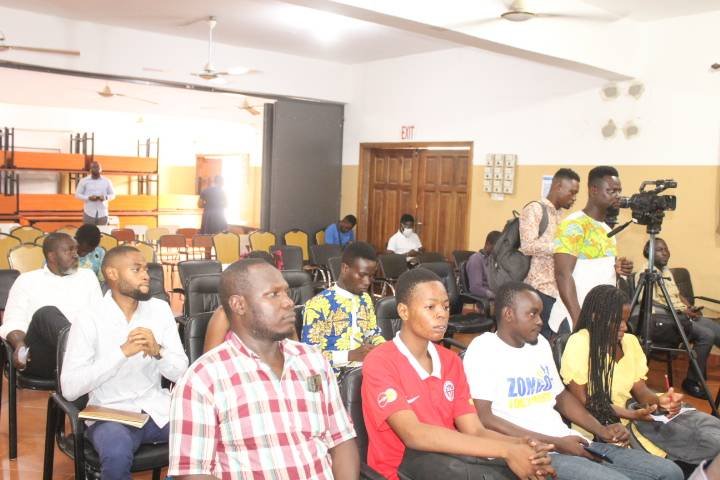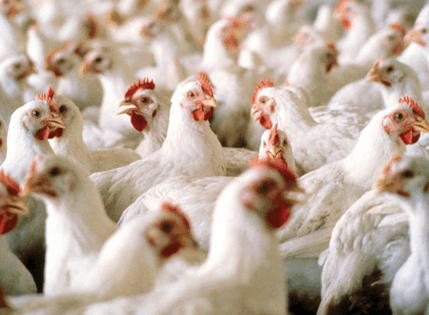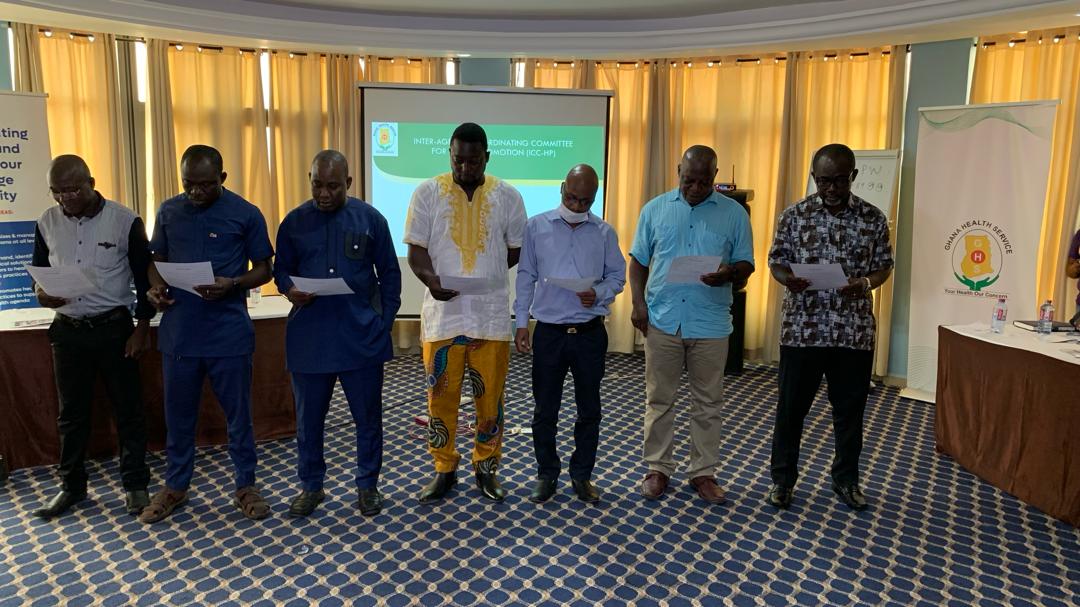
Despite generating billions of dollars in oil revenue over the past decade, Ghana has failed to deliver on its promise of balanced regional development and reduced inequality.
From 2011 to 2013 alone, Ghana earned nearly 10 billion dollars in oil revenue, yet, the vast developmental gaps the country sought to close particularly the entrenched north-south divide have not only persisted but, in many areas, worsened, according to a study led by Professor Abdul-Gafaru Abdulai, a lecturer at the University of Ghana Business School (UGBS),
Similarly, he said disbursement of resources and development had not been distributed equally to all regions, especially the northern sector of the country, deepening poverty.
He, therefore, urged the government to adopt a clearly defined formula for equitable distribution of oil revenues, and to prioritise investments to bridge regional gaps.
The research, which examined the political economy of oil governance in Ghana, found that by 2021, 45 per cent of people living in the northern regions were classified as multi-dimensionally poor compared to 26 per cent in the rest of the country.
These disparities extend across education, infrastructure, and health outcomes.
In the research, Prof. Abdulai revealed that using a mixed-methods approach, he conducted nationwide surveys, key informant interviews, focus group discussions, and spatial expenditure analysis in critical sectors such as health, roads, education, and agriculture.
The data revealed highly skewed spending patterns. Accra, for instance, received over 33 per cent of road sector investments, while covering just 1.2 per cent of Ghana’s land area.
In contrast, the five lowest-funded regions including Upper East, Upper West, and Northern had received just half of what was allocated to Accra.
The health sector showed even more striking disparities with the capital alone receiving nearly seven times the combined health spending of Central, Volta, Upper East, and Upper West regions.
Public opinion reflected deep dissatisfaction in a national survey of 1,457 citizens, 91 per cent identified inequality as a pressing development challenge. Only 21 per cent of respondents believed oil had been a blessing in their lives, while 4.9 per cent said it had helped reduce inequality.
A majority reported that oil wealth had made no meaningful difference to their communities.
Despite legal frameworks like the Petroleum Revenue Management Act (PRMA) mandating the use of oil funds to support equitable and inclusive development including social protection, the study found little evidence of such priorities being followed in practice.
“These findings are a wake-up call, oil was meant to be a game-changer, not a force that deepens existing inequalities,” Prof. Abdulai said.
“The unfulfilled promise of Ghana’s oil boom is a ticking time bomb. If we do not correct it now, the consequences for national stability and cohesion could be severe,” he added.
BY RAYMOND APPIAH-AMPONSAH
The post Prioritise investment to bridge regional gaps -Prof. Abdulai appeared first on Ghanaian Times.
Read Full Story
















Facebook
Twitter
Pinterest
Instagram
Google+
YouTube
LinkedIn
RSS